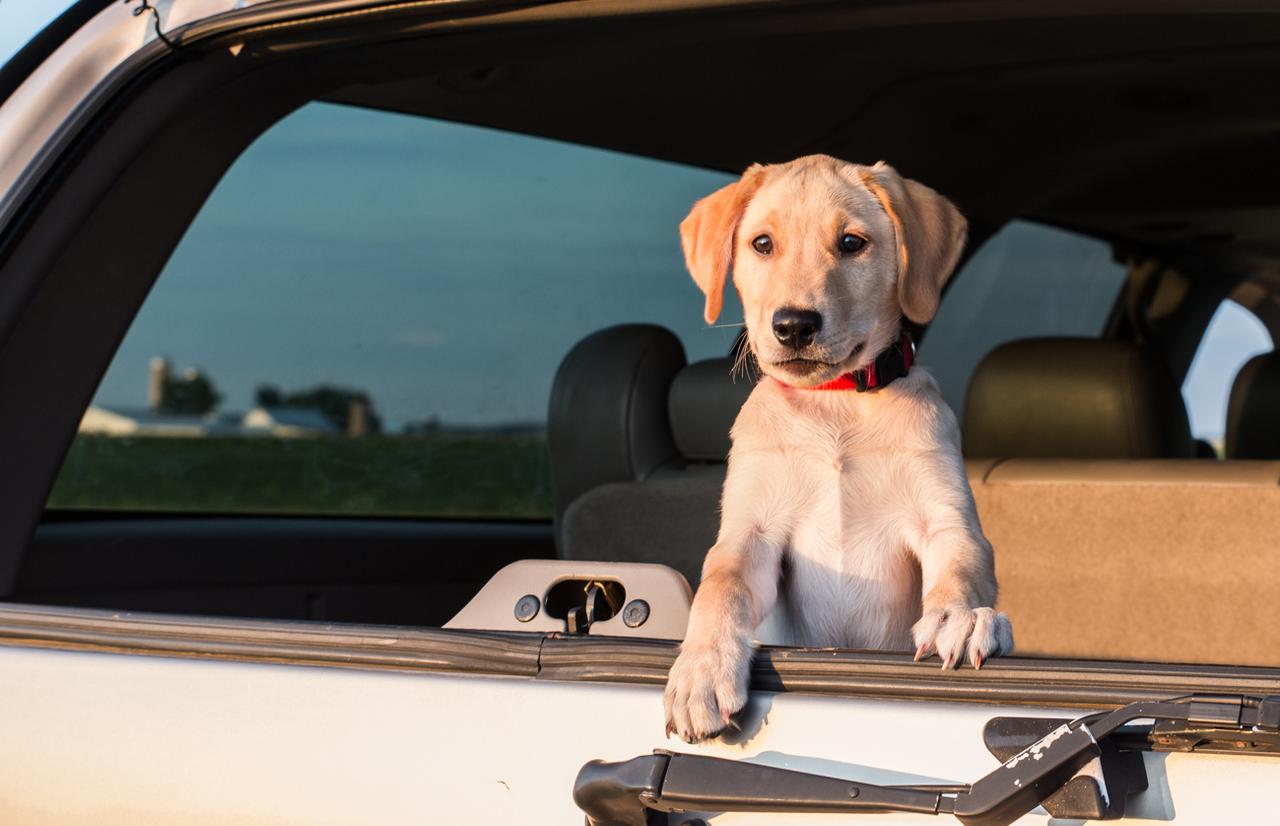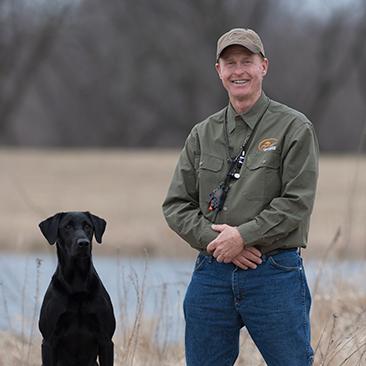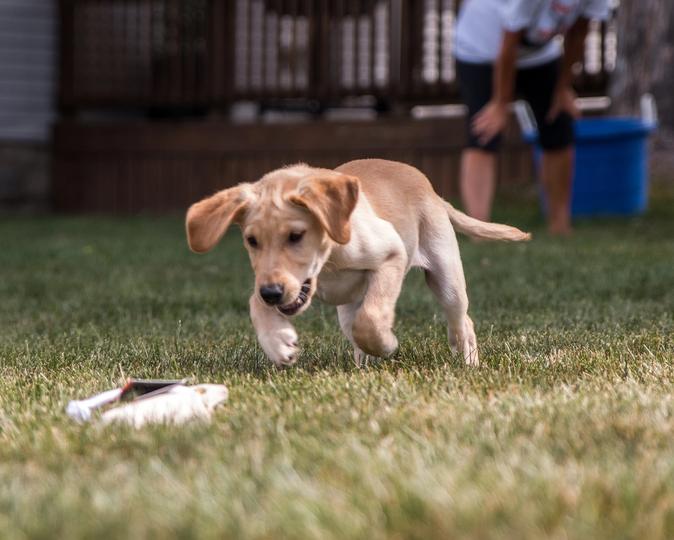
What Does 'Socialising' Your Puppy Mean?
Posted by Tom DokkenYou hear a lot about 'socialising' your puppy, but what does that mean and why is it important? Socialising is actually training. By that I mean that every time you are with your puppy he is learning something. You need to make sure he's learning what you want him to learn!
It is critically important that during your pup's first 12 weeks or so you make time to interact with him daily. Socialising is more than bonding. Anytime your pup is interacting with you or other people, he is getting a sense of what behaviour is acceptable and what is not.
I’m a big believer in keeping your dog in the house. That doesn’t mean you can’t raise him properly if he lives in an outdoor kennel, and maybe in your situation that makes the most sense. Regardless, socialisation is of the greatest importance, and you cannot afford to miss this window of opportunity. So, let me say it again: DAILY interaction with your puppy!
In addition to getting your puppy accustomed to life in your home and establishing daily routines, this is the time you want to introduce him to a concept I call 'pressure on, pressure off.' It begins when you're holding your pup and he wriggles because he wants to get down. Don't give in. Instead, when he starts to struggle, hold him close to you, and if he starts to wriggle more vigorously, increase the pressure even more by holding him tighter against your body. Once he stops resisting you, ease the pressure, and after he remains still for five seconds you can then put him down. This exercise teaches your pup that you won't tolerate that sort of behaviour, and that only when he complies with what you want will he get his way.
From the first minute you hold your new pup, you have a chance to teach a lesson that will stay with him his whole life. At the same time, you’re learning what type of personality your puppy has and how much pressure it takes to make him comply.
I continue this exercise several times a day for three or four weeks. Bear in mind that everyone in your family can teach this drill. Your pup has to learn who is dominant if you want him to be a welcome part of your family.
This 'pressure on, pressure off' concept is the basis for all future training. When that puppy is struggling to get down but fails, and I tighten my hold on him, he will stop for just a split-second while he tries to figure out another avenue. In that brief moment when I lighten my hold on him he has learnt that compliance stops pressure. You will eventually introduce other forms of pressure into obedience training. These could be a lead, check cord or electronic collar. The type of pressure will change as you progress with training, but the concept remains a constant.
Another daily routine that teaches your pup a lifelong lesson is for him to get used to you handling his paws and mouth, and examining his eyes and ears. Every so often, while holding your pup, simply grab a paw and hold it and rub it. If your pup struggles, keep holding the paw until he relaxes, then go back to holding and rubbing it. This simple routine makes life easier when it’s time to get his claws trimmed or be examined by your vet.
You should also get your pup used to you holding his mouth and looking into it. This will make it much easier to administer medication when needed. Similarly, there will be times in the field when you’ll have to check his eyes or blow into an eye to remove a weed seed. Go through these motions now and you won’t run into resistance later.
As long as you remember that every time you or someone in your family is interacting with your puppy it is an opportunity for that puppy to learn, you are well on your way to developing a dog that’s easier to train.

Tom Dokken
Northfield, MN
Dokken brings more than 45 years of retriever-training experience to the SportDOG team. He is well known as the inventor of Dokken’s Deadfowl Trainer, which has become standard equipment for retriever trainers everywhere. He is the owner of Dokken Dog Supply and Dokken’s Oak Ridge Kennels, the largest gun dog...
Related Articles

